Observed annually on August 12th, World Elephant Day seeks to increase public awareness of the need to conserve elephants worldwide. From African elephants to Asian elephants, these intelligent, family-oriented giants face numerous threats that are driving down populations. On World Elephant Day, people unite through events, fundraisers, and conservation campaigns to take a stand for elephants and ensure their survival for generations. This guide will cover everything you need to know about this impactful day and how you can help elephants in need.
Read More: Animal Vised
What is World Elephant Day?
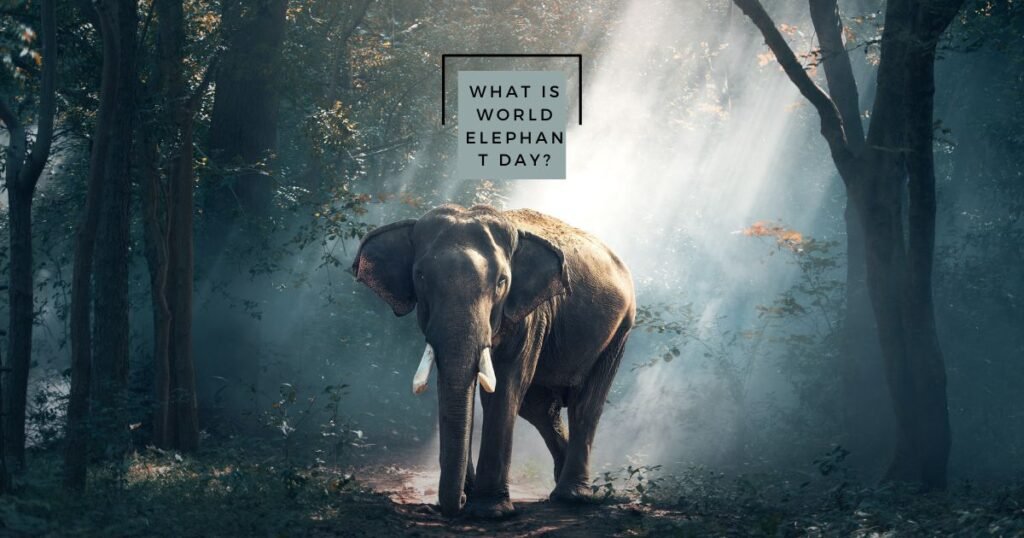
Thanks to Canadian filmmakers Patricia Sims, 2012 was the beginning of World Elephant Day. And Michael Clark of Canazwest Pictures, along with Thailand’s Queen Sirikit, Elephant Reintroduction Foundation chair Sivaporn Dardarananda, and award-winning actor William Shatner.
The mission is to bring global attention to the urgent plight of African and Asian elephants while inspiring caring people to participate in elephant conservation efforts. Specific goals include:
- Educating people about captive elephant abuse and how to promote ethical elephant tourism
- Calling for an end to illegal poaching and unethical removal of wild elephant populations
- Promoting habitat protection and restoration for wild herds
- Raising funds for elephant-focused conservation organizations
- Celebrating elephants’ culturally and ecologically important roles
African savannah, forest, and Asian elephants face critical threats, with elephant species now endangered. World Elephant Day offers a rallying point for everyone who wants to ensure the survival of these magnificent giants.
Read More: International Cat Day
When is World Elephant Day Celebrated?
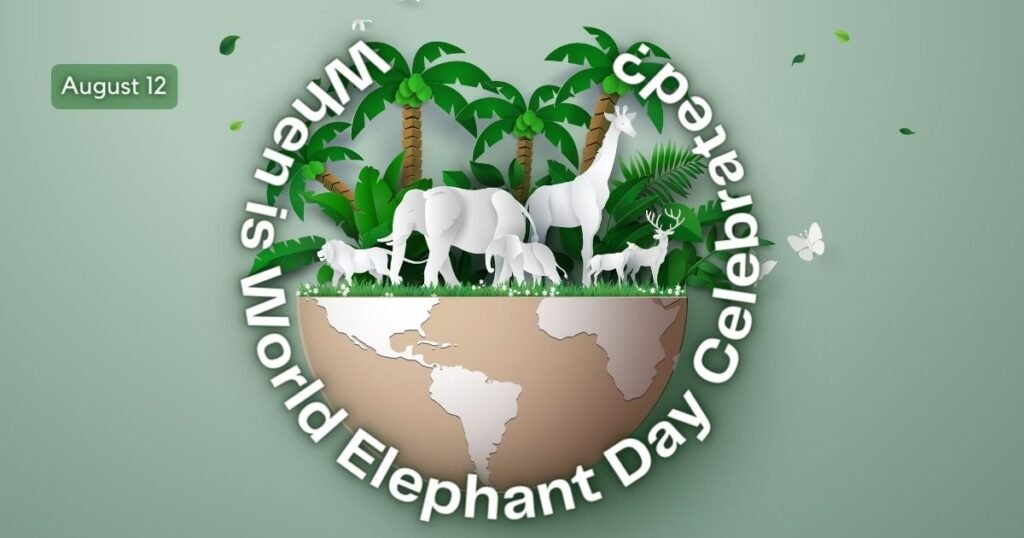
World Elephant Day is observed annually on August 12th. This date was selected to honor the birth of Queen Sirikit of Thailand’s daughter, Princess Sirivannavari Nariratana, an elephant conservation advocate. But beyond the birth connection, August is an ideal month to raise awareness as it falls within peak elephant birthing season in the wild.
The inaugural World Elephant Day was launched in 2012, so 2023 will mark the 12th annual World Elephant Day. You can expect events, campaigns, and celebrations to be planned by zoos, NGOs, activists, and conservation-minded individuals in the weeks leading up to and on August 12th.
World Elephant Day Events and Activities
Individuals, organizations, and businesses worldwide come together each August to celebrate World Elephant Day through various events and activities. Here are just some of the ways people honor elephants and contribute to the cause:
- Educational events – Zoos and conservation groups host seminars about elephants and the threats they face to raise awareness in communities.
- Fundraising campaigns – NGOs launch donation drives and partner with corporations on cause marketing campaigns to support elephant protection programs.
- Petitions and public rallies – Activists organize public events and social media petitions calling for tighter ivory trade regulations, habitat protection, and ethical tourism.
- Art exhibits and performances – Galleries showcase elephant-themed art. At the same time, circuses, theater troupes, and orchestras perform elephant-related performances, often donating proceeds.
- Kid-centered activities – Educators and parents organize read-aloud of elephant books, craft activities to make elephant masks or drawings, and lessons about why elephants matter.
- Tourism boycotts – Some advocates promote avoiding venues that allow unethical elephant interactions as a way to reduce demand.
The more participation on World Elephant Day, the stronger the message that the public cares about elephants’ plight. Every action and contribution makes a difference!
Elephant Conservation: How You Can Help
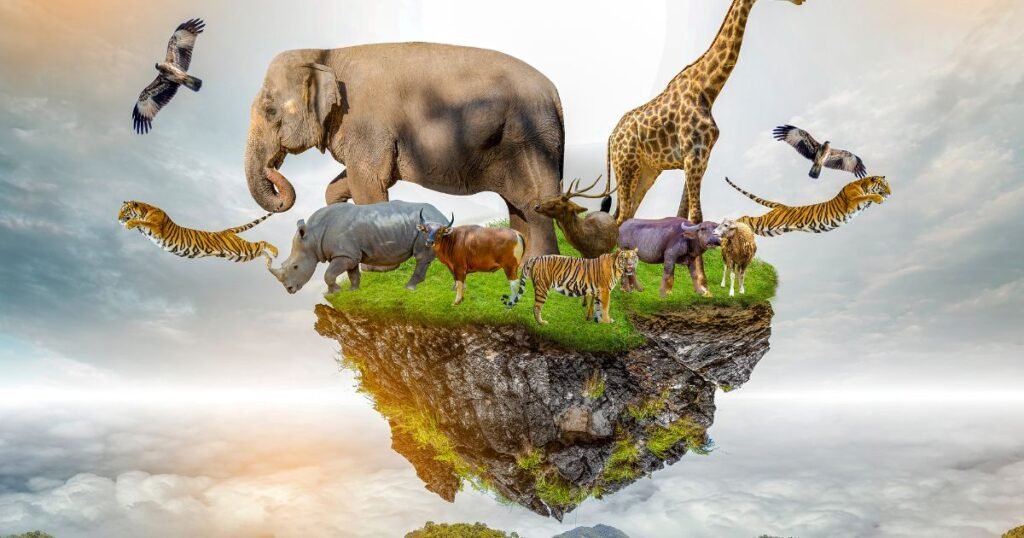
While World Elephant Day aims to raise awareness, inspiration means little without action. Here are impactful ways you can help protect elephants beyond just August 12th:
- Donate to reputable NGOs – Funds support anti-poaching patrols, habitat protection, and research efforts by groups like WWF, Sheldrick Wildlife Trust, and Elephants Without Borders.
- Choose responsible tourism – Avoid venues offering elephant rides, painting, circus acts, or other exploitative interactions in favor of ethical elephant viewing in sanctuaries or the wild.
- Volunteer – Look for opportunities to volunteer with conservation groups on initiatives like habitat cleanups, community education, wildlife monitoring, and more.
- Contact leaders and lawmakers – Petition public officials to implement stricter laws against poaching, ivory trade, and habitat destruction that threaten elephants.
- Reduce your carbon footprint – Combating climate change by lowering your energy usage and waste helps preserve elephants’ natural habitats.
- Spread the word – Share elephant facts, stories, and conservation messages with your community and on social media to inspire others.
With persistence and joint effort, ordinary citizens can keep the pressure on for change that benefits elephants and ushers in a kinder, more sustainable future.
Read More: International Tiger Day
Elephant Populations in 2023: A Status Update
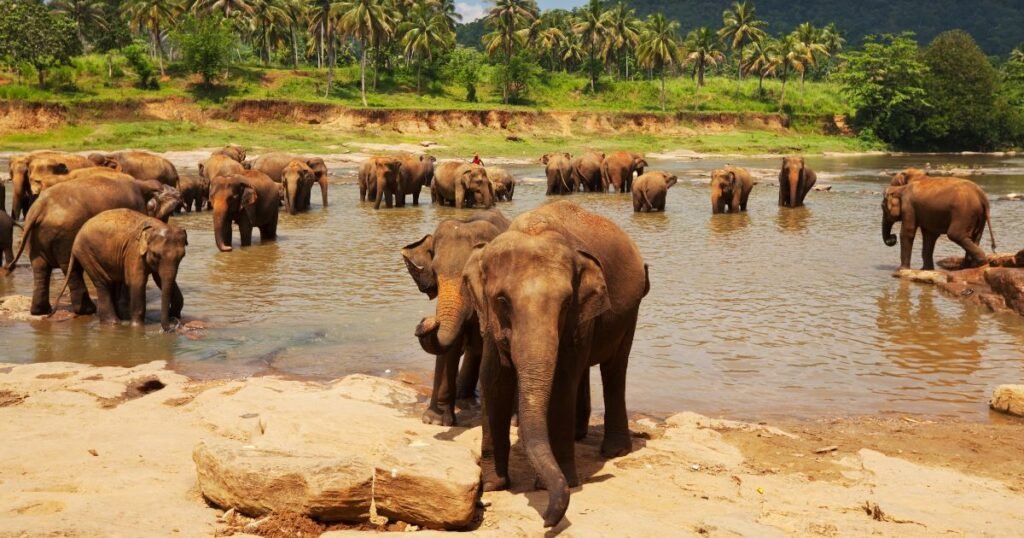
Currently, elephant populations continue to decline at alarming rates. But how many elephants are left, and how does this compare historically? Here’s a snapshot of where elephant numbers stand today:
- African savannah elephants – In 1979, around 1.3 million remained. But largely due to poaching, roughly 415,000 individuals swim across Africa today – a drastic 68% decline.
- African forest elephants – These smaller, rarer forest-dwelling elephants numbered roughly 700,000 in precolonial times. Now only about 40,000 – 60,000 remain, and trends show losses accelerating.
- Asian elephants – Over 100 years ago, there were an estimated 200,000. Habitat loss has mainly fueled dwindling numbers, with only about 40,000 – 50,000 wild Asian elephants existing today.
All three endangered elephant species have experienced catastrophic reductions, with African forest elephants on the brink. Organized poaching to fuel ivory demand and habitat destruction pose ever-growing menaces. Until these complex threats can be addressed, extinction remains a terrifying possibility.
Why Elephants Matter: Cultural Significance and Ecological Roles
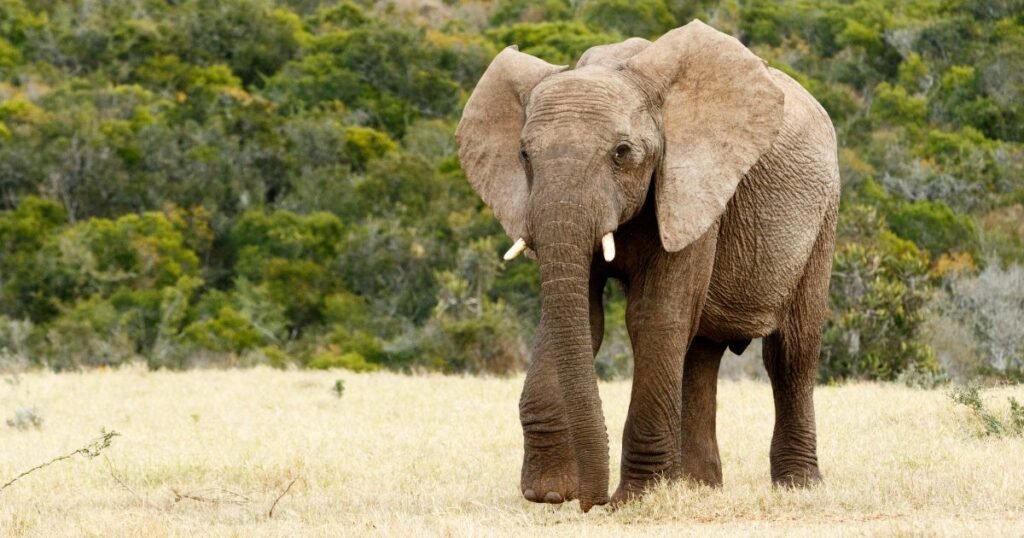
Elephants are important for people and the planet, making their survival critical. A few of the many reasons elephants matter include the following:
Cultural heritage – Elephants hold deep cultural meaning in many regions, featured in religions, folklore, art, and ceremonies. Protecting them preserves human history.
Economic value – Elephant ecotourism provides jobs and income to support local economies when conducted ethically and sustainably.
Ecosystem engineers – Elephants shape landscapes by spreading seeds, digging waterholes, and clearing pathways other animals rely on.
Keystone species – As predators and prey, elephants maintain balanced ecosystems and connectivity between isolated habitats.
Climate aid – Elephants help landscapes adapt to climate change impacts by dispersing seeds and opening up forests.
If elephants disappear, the cascading effects on human societies and ecological stability will be profound and unpredictable. It highlights the intertwined relationships between people, elephants, and the environment.
How Captive Elephants Help Their Wild Cousins

While elephants in zoos and circuses remain controversial, ethical captive environments ensure wild elephants thrive. Responsible captive programs help by:
- Research – Studies on captive elephant physiology, psychology, and health provide insights that aid wild conservation strategies.
- Education – Zoo visits allow people to connect with elephants and learn about conservation issues facing captive and wild populations.
- Funding – Monies from zoo patronage and elephant interactions help finance anti-poaching and habitat protection for wild herds.
- Rescue and rehab – Many accredited zoos house retired circus elephants or injured refugees that cannot survive in the wild and need specialized lifelong care not possible in range countries.
However, the onus is on venues to ensure that interactions are always humane and meaningful, with profit never prioritizing animal welfare and freedom of choice.
Fun Facts About Elephants: Just How Smart and Social Are They?
Elephants are renowned for their intelligence, emotional complexity, strong social bonds, communication abilities, and incredible memories – the hallmarks of their success as a species. Here are some fascinating facts about what makes elephants so special:
- Elephants have the greatest brains of all land mammals, with three times as many neurons as humans.
- They are adept tool users, manipulating sticks and branches to scratch themselves, swat insects, and obtain food.
- Elephants express empathy, playfulness, grief, compassion, humor, and even mimicry evidencing highly advanced emotional cognition.
- A matriarch leads each family herd, with elder daughters assisting in raising and teaching young calves.
- Elephants rely heavily on low-frequency vocalizations and infrasound for communication between herd members.
- Their intricate greeting rituals reinforce social hierarchies and family bonds.
- An elephant’s memory is legendary. Matriarchs may remember and follow migration routes spanning hundreds of miles from decades earlier.
The more we learn about elephants, the more their personhood becomes apparent. This makes our duty to protect them even more critical and urgent.
How You Can Participate in World Elephant Day 2023
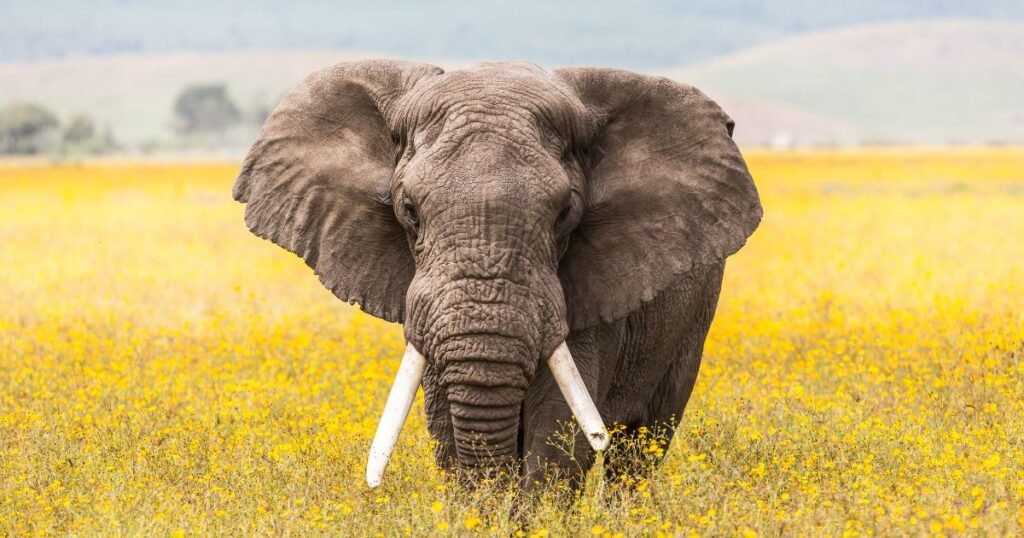
No matter where you live, you can join the global World Elephant Day movement to show your support for elephant conservation. Follow these tips to celebrate elephants and make a positive difference at home:
- Learn – Read up on elephant facts, behaviors, threats they face, and conservation solutions to raise community awareness.
- Raise funds – Set up an online fundraising campaign to honor World Elephant Day and donate proceeds to an impactful NGO.
- Get creative – Make elephant-themed crafts, artwork, or baked goods to share or use for fundraising. Host an elephant art or story contest for kids.
- Join a local event – Look for a zoo, park, aquarium, school, or library in your area hosting an elephant-themed event and attend.
- Share on social media – Post about elephants and World Elephant Day using the hashtag #WorleElephantDay. Include facts, personal stories, links to NGOs, and conservation messages.
- Contact officials – Use World Elephant Day as inspiration to email or call your public representatives urging them to support domestic and international elephant conservation policy.
No action is too small when it comes to helping endangered elephants. Start brainstorming how you can creatively add your voice this World Elephant Day.
Make World Elephant Day 2023 a Time for Action

While elephant numbers continue to decline dramatically, there is hope through increased awareness and human compassion. World Elephant Day provides the perfect launch point to become an elephant ally. Take time this August 12th to appreciate elephants’ cultural and ecological importance while committing to ongoing actions that protect these irreplaceable giants. With public involvement, we can halt destructive practices and attitudes that threaten to erase elephants in our lifetime. This World Elephant Day, remember that the power lies within you to create positive change for captive and wild elephants worldwide.
Conclusion:
Annually on August 12th, World Elephant Day unites people worldwide to take action and raise awareness for the protection of endangered elephants. African and Asian elephants face immense threats from poaching, habitat destruction, and unethical human practices, with populations declining rapidly. Through events, campaigns, and conservation efforts, World Elephant Day aims to educate people on the issues elephants face and inspire caring individuals to get involved in helping protect these intelligent, family-oriented giants. While elephant conservation is an ongoing battle, this special day of international unity renews hope that we can ensure elephants remain integral parts of our world through increased public engagement.
FAQs:
Q: Why is August 12th designated as World Elephant Day?
A: August 12th honors the birth of Queen Sirikit of Thailand’s daughter, an elephant advocate. August also falls during peak elephant birthing season.
Q: What is the theme or objective of World Elephant Day?
A: The themes are raising awareness about elephant endangerment, promoting conservation action, and celebrating elephants’ cultural and ecological significance.
Q: Is there a National Elephant Day too?
A: National Elephant Day is observed on September 22nd in the U.S. to coincide with the autumn equinox.
Q: Why are elephants so important to protect?
A: Elephants play vital cultural, economic, ecological, and climate roles – from tourism revenue to seed dispersal. Losing them causes unpredictable harm.
Q: Who started World Elephant Day?
A: It was founded in 2012 by Canadian filmmakers Patricia Sims, Michael Clark, and Thai princess Sirivannavari Nariratana.
Q: How can someone participate in World Elephant Day?
A: People worldwide can join by fundraising, attending events, spreading awareness on social media, volunteering, contacting officials, and supporting ethical causes that benefit captive and wild elephants.
Q: What is the slogan for World Elephant Day?
A: “Never Forget” is the slogan, referring to elephants’ legendary memory and the calls to forget their plight and never give up the fight to protect them.
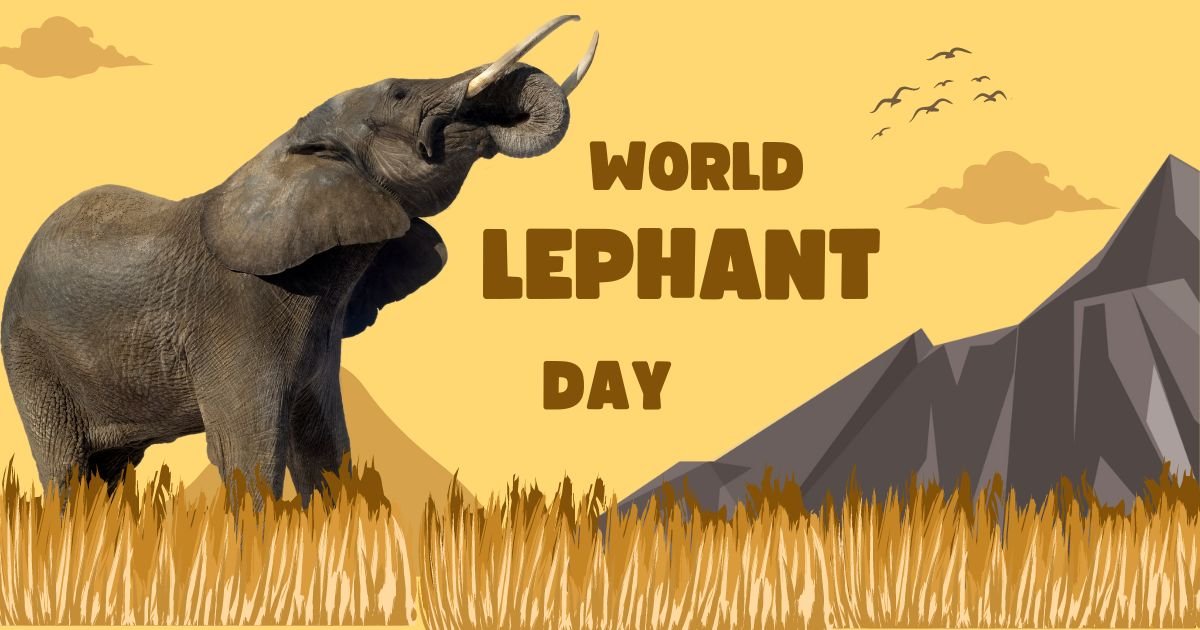










Zoos do more harm than good. People can be educated about elephants by viewing them live online at one of the true sanctuaries in the US, where the elephants are properly catered for and given the space to live healthy lives as closely as possible to how they would in the wild – with the freedom to go where they want to when they want to. Zoos raise money and elephants are big moneymakers but there is not one zoo in America that is truly a healthy environment for elephants. There are MANY zoos in America that are proven to be unhealthy and yet the AZA still approves of their care. Just like the remaining circuses, all of which are wholly unhealthy and Aussie for elephants; yet the USDA continues to approve their “carrying” for elephants.
Zoos that having “breeding” programs in the name of saving the species are lying. There has not been a single truly successful breeding program. Sure, some elephants are born behind bars and survive. Many do not. Male elephants are shipped from zoo to zoo to impregnate females again and again. Not to save the species though. To bring in money. If elephants are big moneymakers, BABY elephants are HUGE moneymakers. But they are born behind bars and will remain there their entire lives. IF, they’re lucky, they might end up at a sanctuary at some point and finally be able to make their own decisions on how to spend their days. But more likely, they’ll be “exhibits” put on display their whole lives. And they’ll die younger than their wild cousins. Because captivity kills.
Sincerely,
Someone who cares about elephants and is writing this for those who can’t/couldn’t (Betty, Happy, Patty, Bertha, Lucy, Dulary, and so many more…)